Conquer Kindergarten, Part II: Math
Suggestions from a Former Kindergarten Teacher on How to Prepare Your Little One
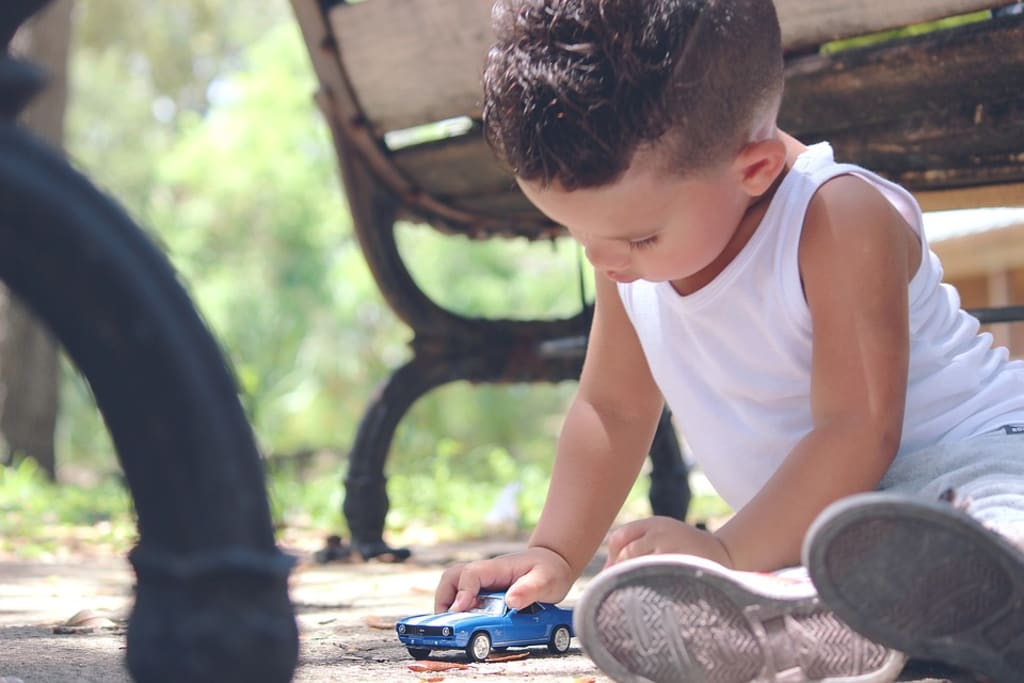
In my previous article I described different ways parents can prepare their child for Kindergarten when it comes to literacy. Obviously, math is another skill students will work on throughout their entire educational career, and it begins in Kindergarten. As a Kindergarten teacher, I noticed many students were somewhat unprepared when it came to some math topics. There are many things a parent can do with a preschool aged child to give him or her a good base when it comes to math. Here are my suggestions on how to prepare a student to be a successful math student early on.
Play games!
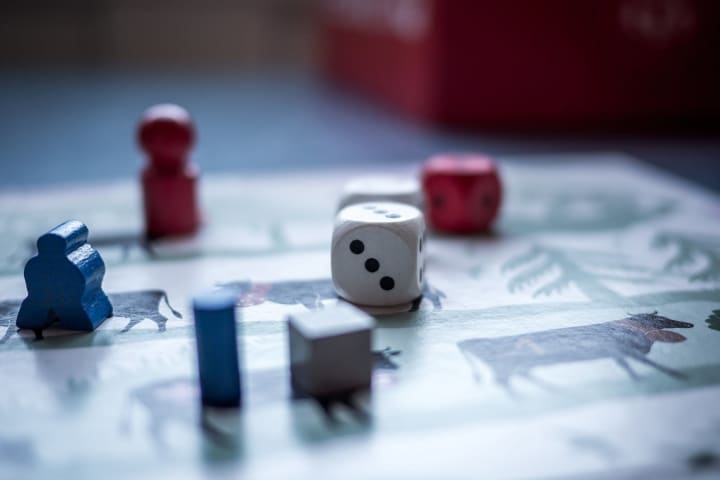
In my opinion, the best way to prepare your child for math is to play games. Most preschool aged games include activities in which kids must recognize numbers and count out spaces or pieces. By playing games, students start to gain an understanding of the value of numbers, especially if they are trying to roll a higher number to move a piece further along a game board. Students also start to do simple adding and subtracting without even realizing it when they need to move a certain number of spaces or collect a certain amount of items. Some good games to start with are Chutes and Ladders, High Ho Cherrio, Uno, Sorry, and card games like War or Go Fish. By playing games, students will already be practicing most of the skills discussed further in this article.
Practice counting out loud.
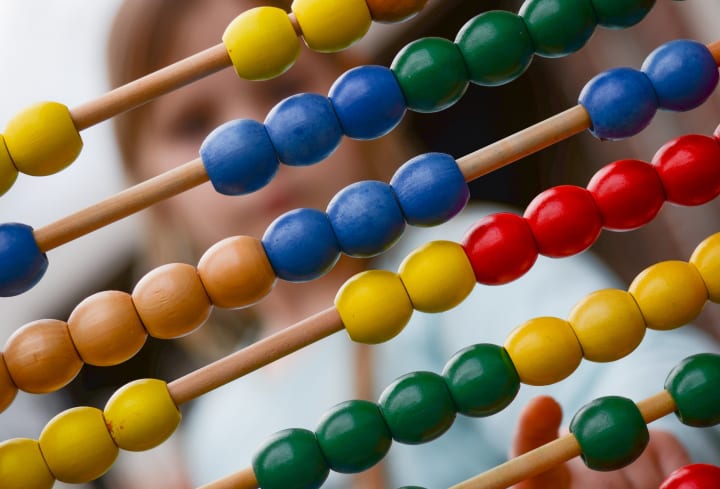
Counting out loud is probably the easiest skill for kids to practice at any time. While driving in the car or walking to the park, practice counting with your child. You can make it fun by challenging your child to try to count as high as possible! There are also many counting songs you can listen to. YouTube is a great place to find counting songs.
Count objects.

When I was teaching, I found it interesting that many students could count, but when they counted objects, they did not count accurately. Have your child practice counting small groups of items and observe whether or not your child is saying the correct number for each item. Sometimes kids want to count quickly making it harder for them to count accurately. Explain why it is more important to count correctly. Counting objects is another activity that can be done at almost any time, like while eating or cooking meals. Kids can also count when getting ready for the day by counting clothing items, toothbrushes, or anything else you can find.
Compare numbers and quantities.
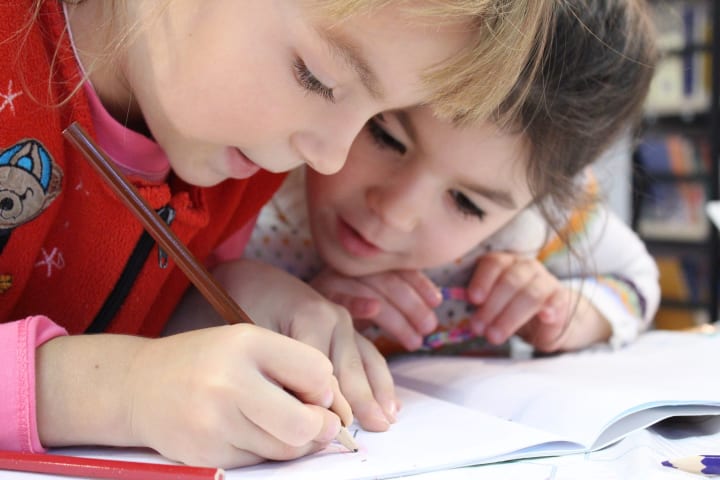
Once children are able to accurately count a group of items, they can begin comparing quantities. I think the easiest way to introduce this skill is to ask, “Who has more?” If your kids are eating lunch, you can ask who has more grapes or crackers. Start with groups of actual items and move on to just numbers by asking, “Which number is bigger?” It is important that students understand just how many seven and twelve is before they determine which number is greater. You can then move on to putting numbers or quantities in order if your child masters the other skills.
Write numbers and label groups of items.

If your child can accurately count items, it is a good time to have them attempt to write numbers. They can practice writing numbers the same way they would practice writing letters, either by tracing or copying digits. Another good activity is for the students to count items and write the number next to the group of items.
Identify and sort shapes.

Learning about shapes is yet another skill that can be worked on at any time. Point to objects and ask what shape your child sees. You can play “I Spy” and say you see a square or circle and challenge your child to find it. Once your child masters a few shapes, you can talk about how many sides and corners the shapes have. If you have shape blocks or other items, your child can sort them by shape, size, or color.
Don't forget to make it fun!

Lastly, and most importantly, make sure the math activities you are working on are fun for your child! If you read my previous article, I discussed that learning is much more effective when students don’t even realize they are learning! Always encourage your child. You do not want him or her to get burnt out on learning at an early age.
About the Creator
Haley Peterson
I am a full-time teacher turned stay at home mom, and I have been loving every minute of it!

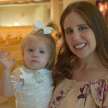





Comments
There are no comments for this story
Be the first to respond and start the conversation.